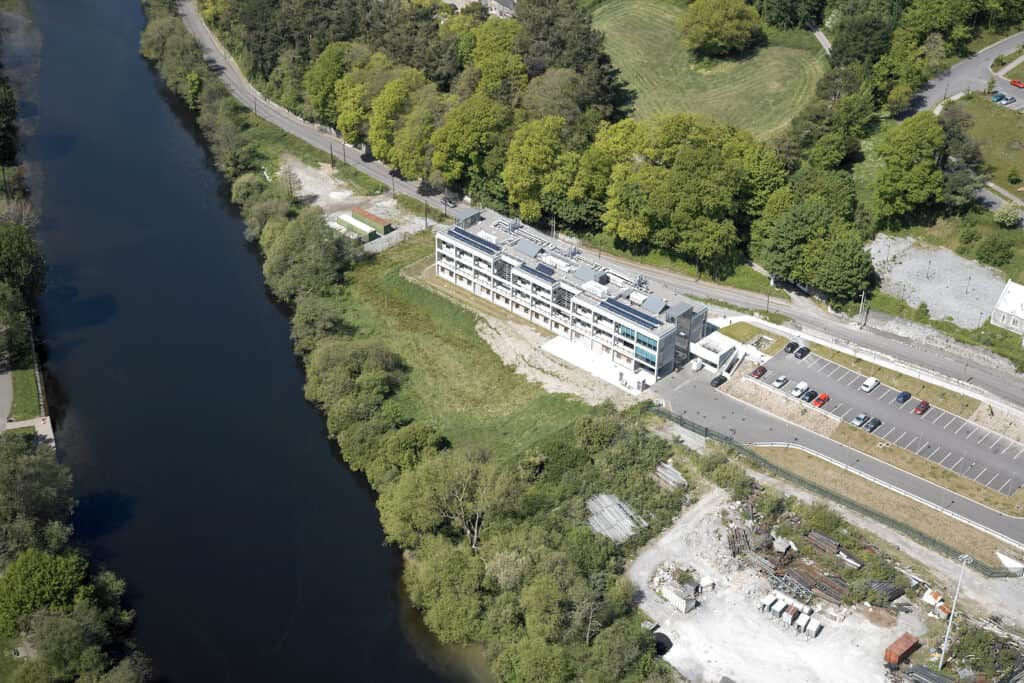Abhisweta Bhattacharjee
Practice what you preach – The UCC Professor interrogating his labs’ sustainability credentials
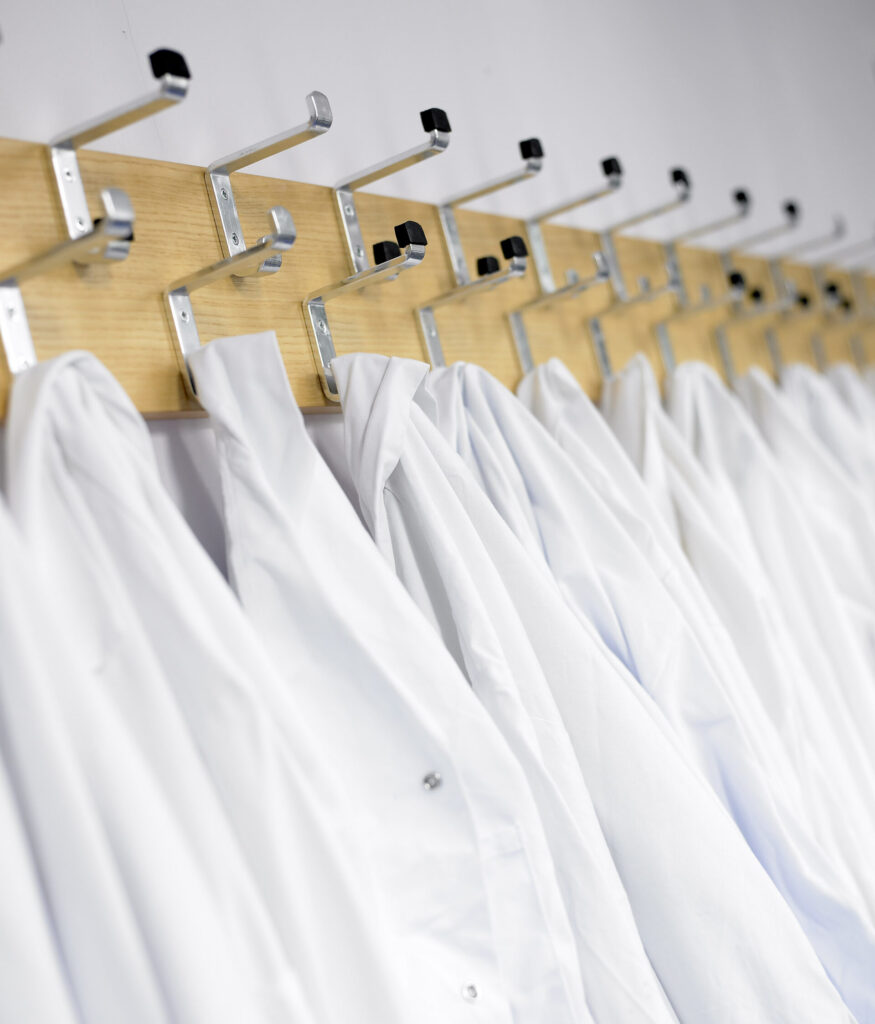
Picture the scene. You are a successful, highly-regarded scientist, working on something you are passionate about, your research furthering the protection of our environment. Yet, day-to-day, something is bothering you. You notice small inefficiencies here and there, opportunities for improvement, bad habits and lab practices, avoidable waste.
The proliferation of single-use disposable items, energy-intensive equipment like fume hoods and ultra-low temperature freezers, water wastage, items left plugged in while not in use – even staff forgetting to switch the lights off before heading home for the night. Left unchecked, it can all add up to quite the environmental footprint.
In fact, the data backs this up. The 2023 Carbon Impact of Biotech and Pharma Report highlights that the millions of active laboratories globally consume up to ten times the energy, and four times the water, of a typical office space. According to a 2015 study in Nature focused on plastic waste, there are about 20,500 institutions globally engaged in biological, medical, or agricultural research, generating an estimated 5.5 million metric tons of laboratory plastic waste annually.
But what if there was a way to critically interrogate and reduce wastage in your own work practices – concrete actions you could take to make a difference, really living your sustainability values?
Meet Prof. Justin Holmes – a Professor of Nanochemistry in the School of Chemistry at University College Cork, and Deputy Director of the Advanced Materials and Bioengineering Research (AMBER) Centre – whose work on chemical methods to synthesise and assemble nanostructured materials for environmental and energy applications has led to over 400 peer-reviewed publications.
Working with My Green Lab, a non-profit organisation dedicated to fundamentally altering the sustainability of scientific research, he decided to do just that.
The goal is to achieve the My Green Lab Certification, a groundbreaking programme that works with scientists to analyse their labs’ carbon footprints, and helps them to make practical and lasting improvements. The certification is recognised internationally as a ‘gold standard’ for best practice in laboratory sustainability. To date, over 2,000 labs in a range of sectors have been supported by the programme which covers fourteen topics related to energy, water, waste, chemistry/materials and engagement.
After coming across the programme online, Prof. Holmes decided to participate, putting two of his own research labs at the Environmental Research Institute (ERI) in University College Cork forward for initial assessment.
And he is not alone in this endeavour. As reported by The Irish Times in August 2023, a growing number of scientists across Ireland are joining the movement to make their labs more sustainable.
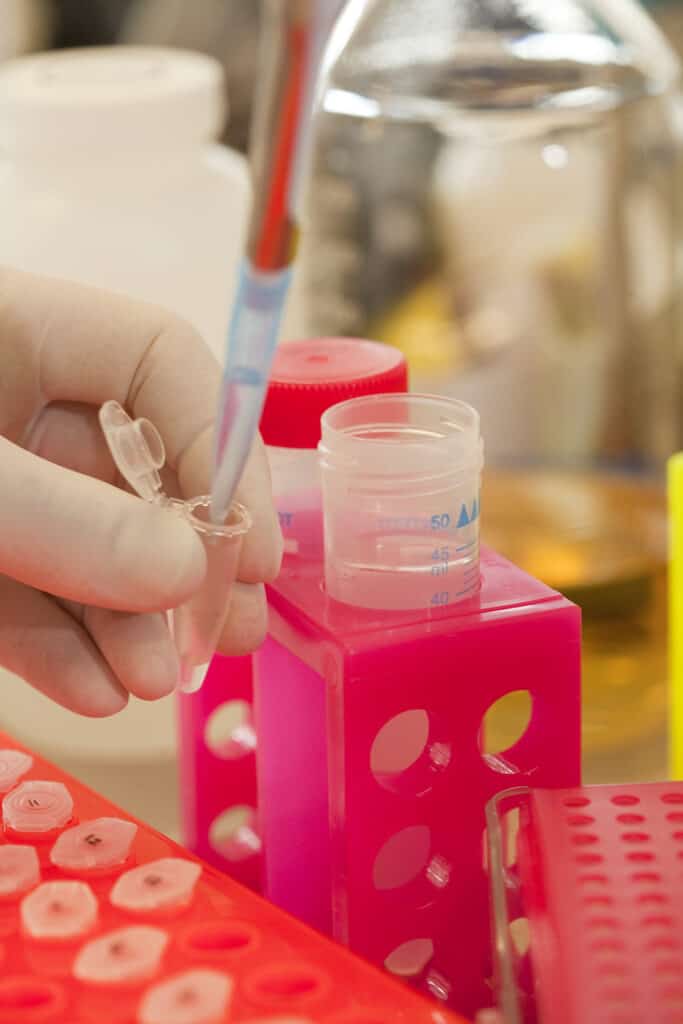
So why are scientists increasingly flocking to undertake Green Lab Certification? And practically speaking, does it really make a difference – or is this just yet the latest example of ‘greenwashing’, a whole lot of jargon, without meaningful action?
Well, the arguments are compelling.
First, and most obviously, it compliments and enhances the carbon-reduction research that many of these scientists are already working on in various forms. In a 2020 article in the Federation of European Biochemical Societies Press, Greever et al note that the global scientific community is increasingly “recognizing the need to be more efficient in their resource use and laboratory operations to avoid the negative impacts of the global research endeavor on our planet and its contributions to worsening human-caused climate change”.
According to My Green Lab, introducing new practices and changing mindsets helps foster creativity and innovation among staff, and strengthens a sustainability culture in workplaces. It also creates a model for other labs and organisations to follow.
Economics plays a part too of course. Many of the practices implemented – such as unplugging equipment while not in use – will not cost very much (and in some cases will save) money. This means the ratio of benefits relative to costs is high.
The knock-on benefits of better lab efficiency are also a factor. Greever et al argue that “Being more efficient in laboratories will help with the ‘hyper-competition’ for research funding that scientists are currently experiencing”.
Given all of this, it is no coincidence that when Professor Holmes’ home institution University College Cork published its five-year strategic plan in February 2023, one of the five key pillars underpinning the plan was a mission to “radically reform our practices and use of space and technology to meet our ambitious sustainability and climate action goals.”
Around the world too, institutions such as Princeton University in the US, and the Royal Society of Biology in the UK, are creating step-by-step guides for reducing waste in the lab and incorporating eco-mindful habits.
Sustainability – as an embedded and evidenced practice rather than a trendy buzzword – is here to stay.
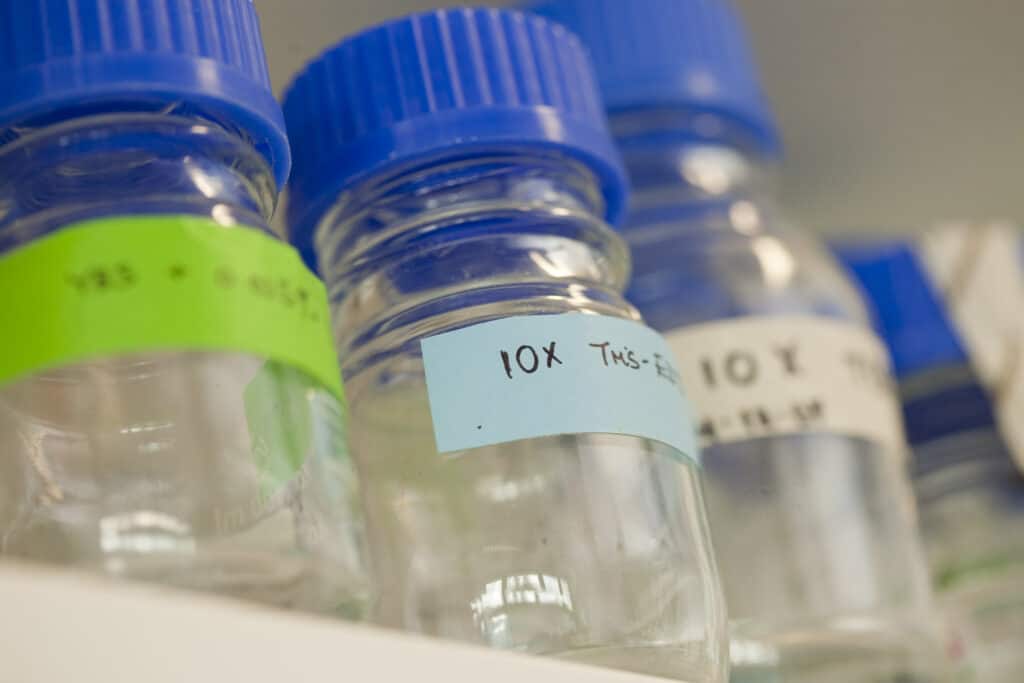
Initial Results
Back in the Environmental Research Institute in Cork, Professor Holmes has received the results of baseline My Green Lab assessments carried out on his two labs. ERI Lab 1.01, which was assessed across 13 different topics, received an average score of 61% out of a maximum 100% on sustainable practices. Lab 1.04 recorded a slightly higher average of 68% across 11 test areas.
Digging into the results, he noticed significant variation across both labs and different categories.
Lab 1.01 scored well on ‘Resource Management’ at a strong 88%, however it performed poorly in ‘Cold Storage’ at just 25%. Areas like Energy Infrastructure (36%), Large Equipment (61%), and Water (67%) also stood out as potential levers for change.
On the other hand, Lab 1.04, while receiving a better overall score, performed comparatively worse in the areas of ‘Recycling and Waste Reduction’ (47%) and ‘Purchasing’ (51%).
Professor Holmes was encouraged – while the results were respectable, it was evident there was plenty of scope for improvement.
What's next?
Over the next 6 to 9 months, Professor Holmes and his team of researchers will be working to make changes in their daily habits, towards achieving Green Lab Certification, and ultimately transforming sustainability practices in the longer term.
Looking to the future potential, Jack O’Grady, Senior Programme Manager at My Green Lab notes, “We usually see anywhere between a 20% – 30% increase in scores once the labs are ready to be certified”.
For Professor Holmes and his team, if they can successfully work together to implement effective change over the coming year and importantly, to establish practices and cultures to maintain changes for the longer term, they could hope to realise end lab efficiencies of between 80% and 90% on re-assessment in late 2024.
It is an enticing prospect.
Stay tuned to find out how Professor Holmes and his team get on over the next year.
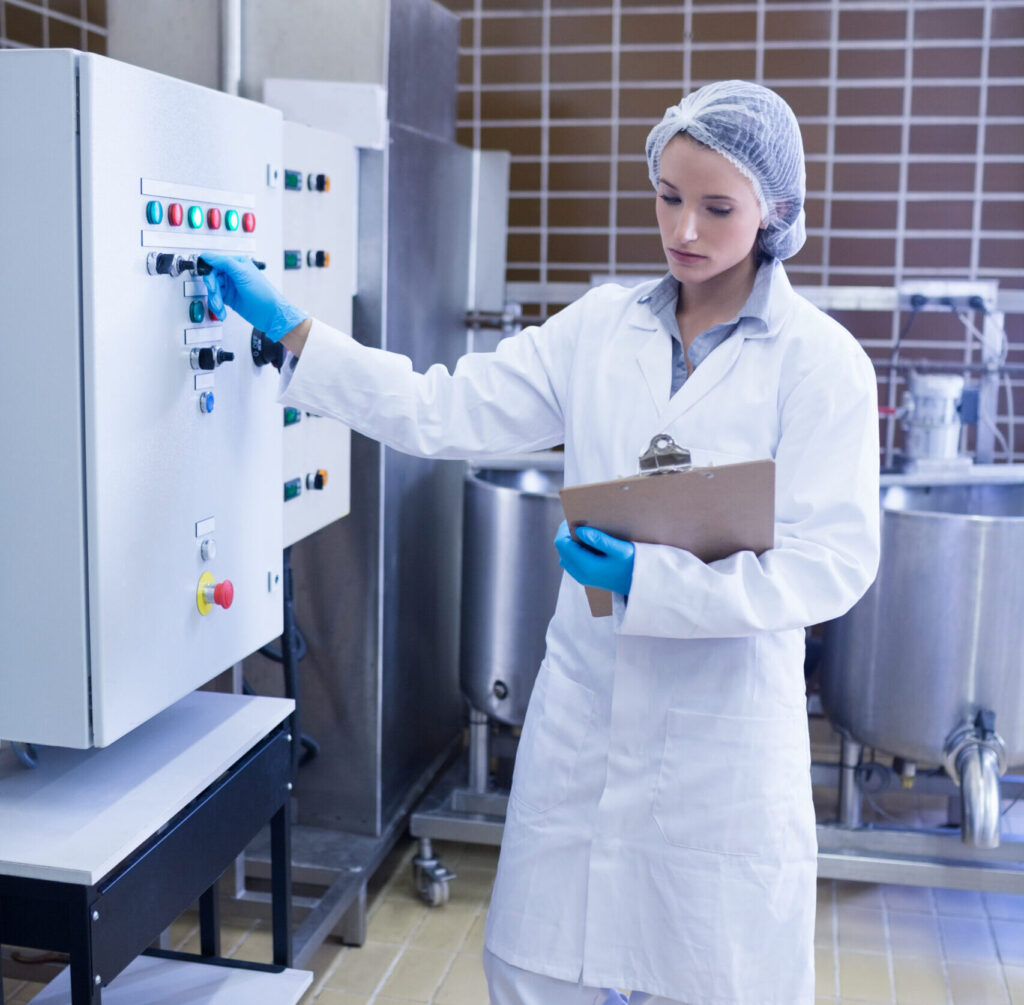
More information
Follow our My Green Lab journey and learn more about the important environmental research taking place in ERI Lab 1.01 and 1.04 at:
- FreeHydroCells: https://freehydrocells.eu/
- RADICAL: https://radical-air.eu/
- TRANSLATE: https://translate-energy.eu/
FreeHydroCells, RADICAL, and TRANSLATE are research projects led by University College Cork and funded by the European Union.
The Sustainable Laboratory Certificate is a pilot programme by Science Foundation Ireland. For more information on the programme, contact sustainablelabs@sfi.ie
Learn more about My Green Lab at: https://www.mygreenlab.org/


